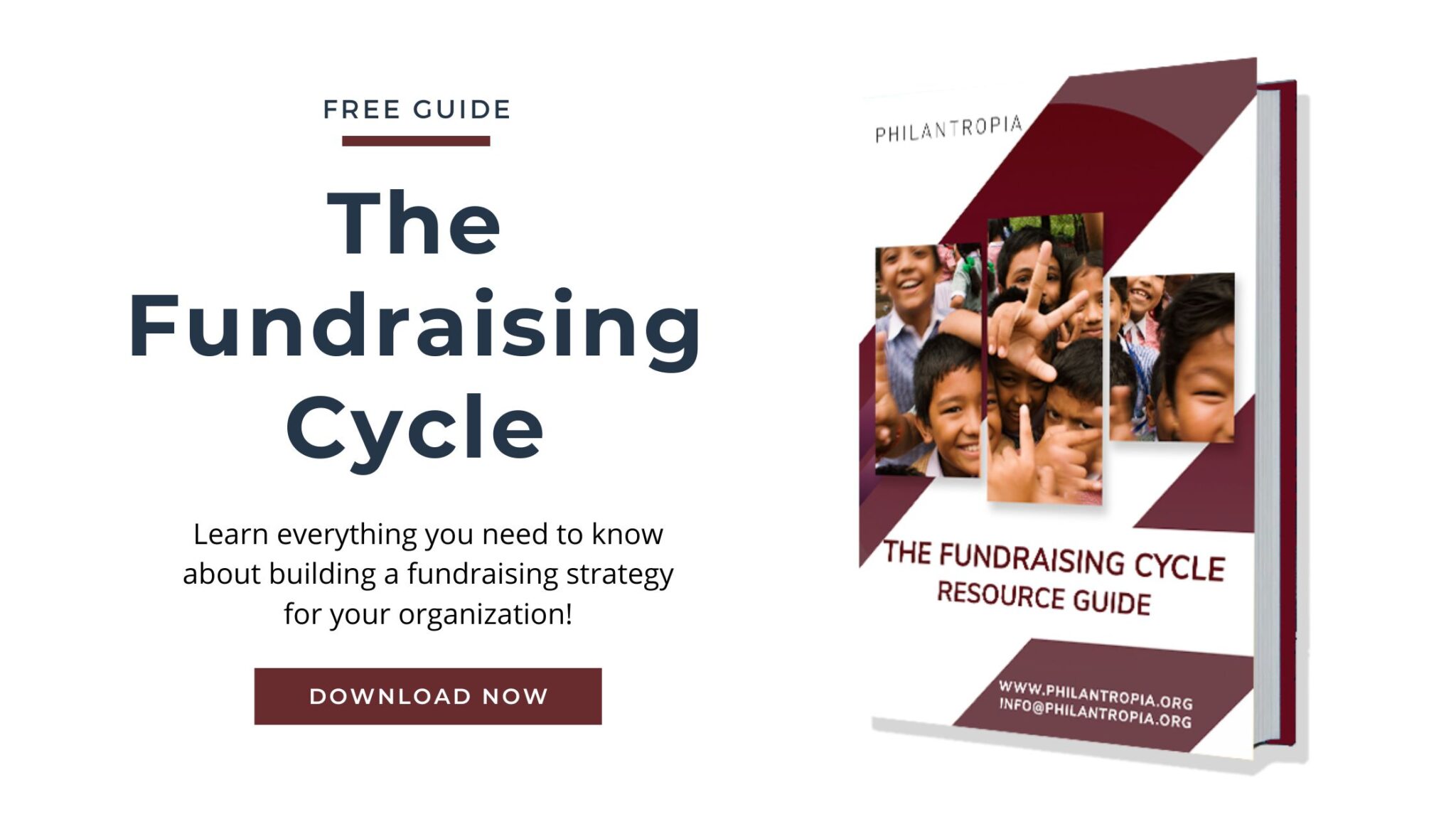Fundraising is a hard job for any NGO – it requires persistence and organizational support. While failure is difficult to swallow, all NGOs experience failure at some point. Even expert fundraisers are never 100% successful.
Here are 5 tips for what to do when your proposal is rejected.
Take a Step Back
A rejection letter is never personal; rejection is often caused by a variety of factors not related to the quality of your project or NGO. There are often good reasons for a “no” answer.
Some possible reasons for refusal include:
- The donor’s criteria for giving grants are not met by your proposal
- The proposal is not seen as being in a priority area for the donor (geographical or issue priority)
- The proposal does not, for some reason, impress the representative who did the initial screening
- The donor does not have sufficient funds available at this time to support the proposal
- The competition was particularly fierce
It is natural to feel disappointed by a failed application that you spent a lot of time on, but do not let that stop you from continuing. Take a failed application and use it as a learning tool to do better next time.
Don’t forget Donor.
Ask the Donor for Feedback
Even if the answer is “no” at the end of the application process, this does not mean that you have reached the end of your relationship with the donor. Even if you were ultimately rejected, you can still ask the donor for feedback on your application. Some donors will not have much time to spare on these requests, but others may be willing to share with you some insider information that can help you better prepare for next time.
Ask the Donor for other Contacts
Donors have their own groups, conferences, training programs, meetups, networks, etc. If one donor rejects you, in some cases, they may still be willing to recommend or introduce you to another donor. Some NGOs have received personal contacts and donor meetings through this method, so it is worth a try. It does not hurt to ask, and even if all they can do is give you a name or URL, that could be worth something.
Give Thanks
Even when you do not succeed, it is still good practice to thank the donor for their time and express a hope that you will still be able to work with them in the future. Rejection is never permanent, and you may still one day have a chance of success. Fundraising is a long-term game and being polite now may help you in the future.
Here is a sample letter to donors you can send after rejection.
Start Again
The most important rule in fundraising is to keep going. Fundraising is a cycle. You will never win any grants you do not apply for, and letting one rejection stop you from continuing will never bring you success. Review lessons learned, adjust your course, and keep moving!




Hello,my name is Charles lokai.i have a CBO registered in 2015 in Kenya Turkana county.Since then I have not secured any grants apart from membership contribution.what is the secret to secure grants even if the donor is not familiar to you?
I met some rejection letters from my previous submitted proposal what can I do?
Thanks
Dear Charles. Treat rejection as part of your fundraising cycle. Monitor what went wrong in your fundraising strategy and try again.